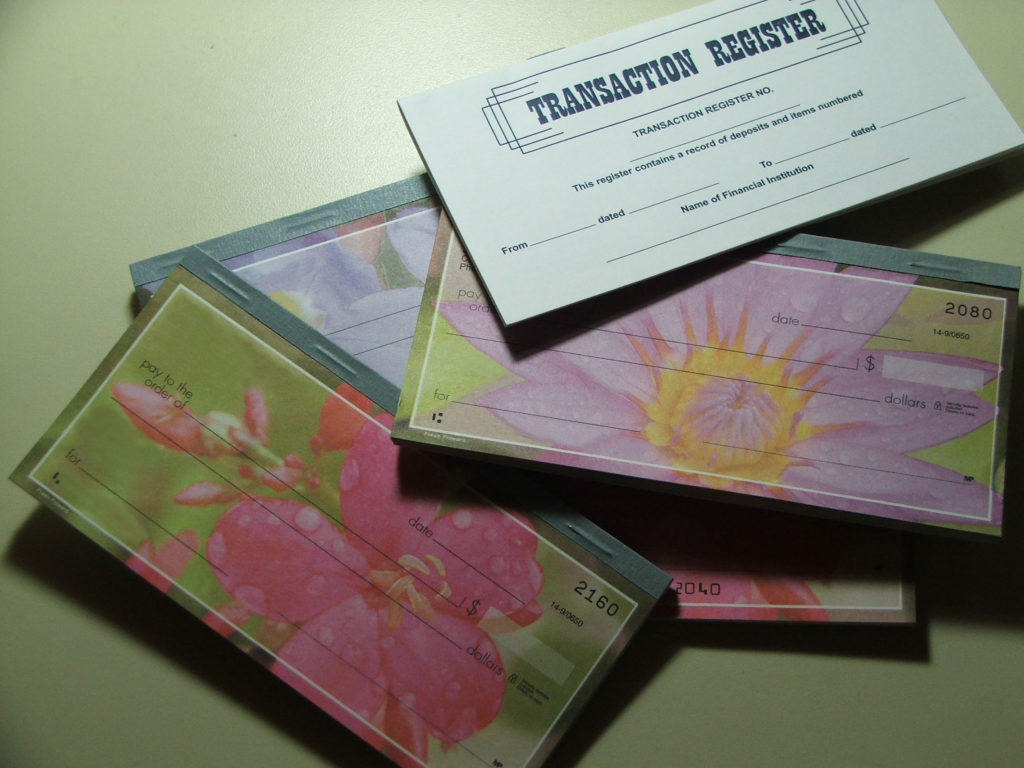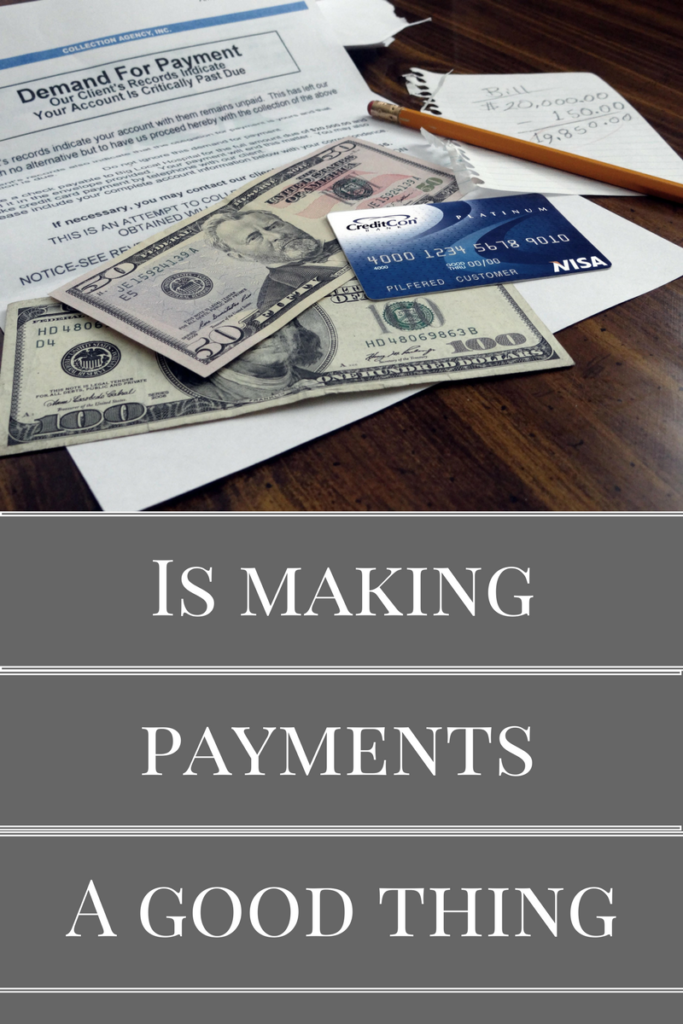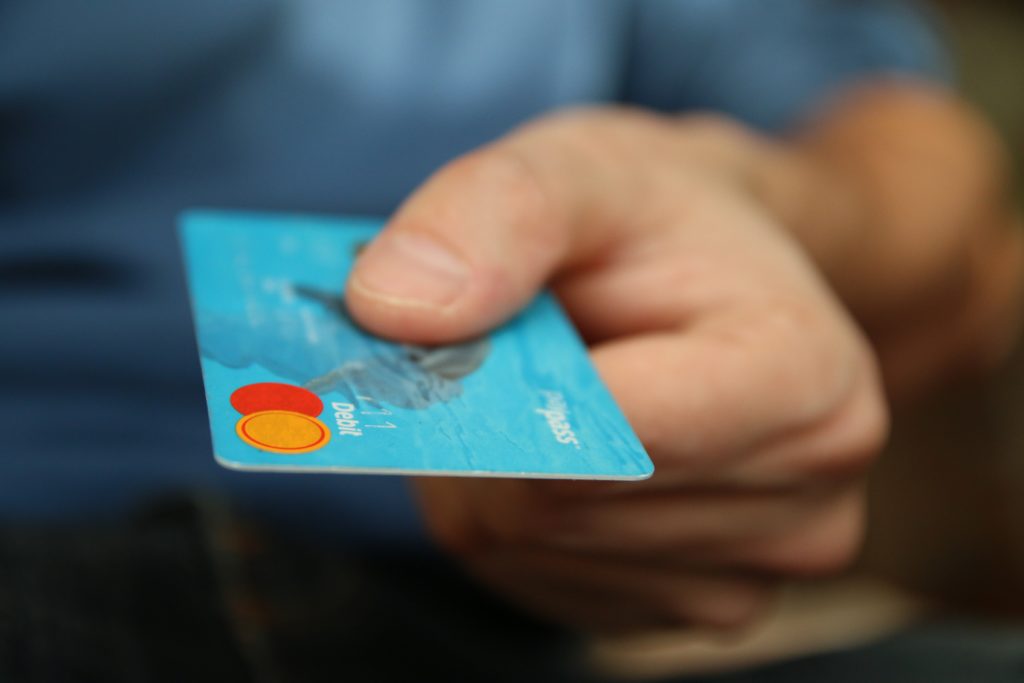Making payments is not frugal
Congratulations, you have a new car—and the payments to go with it. The car has all the bells and whistles. Everyone is crazy jealous about it. It’s a dream to drive—and you are making payments.
You had the date of a lifetime. Everything was perfect. Your date was smoking hot. You went to a movie, had a great dinner, went clubbing. It cost you a small fortune. You charged it to your credit card—and now you’re making payments.
A friend calls. She knows somebody who’s scored four tickets to that new Broadway play in NYC. “Do you want to be part of the foursome to see it? We’ll make it a long weekend. Stay in a nearby hotel. There’ll be time to shop—Fifth Avenue. Maybe we can get to the lower East Side? And, I’ve always wanted to go to the Russian Tea Room. Can we count you in?” You figure you have some room on your credit card—and, you’re going to be making payments.
Did you know that it takes the average person ten years to pay off a single charge on their credit card?
When you read a personal finance blog, you expect the author to throw numbers at you, to tell you how much your debt costs you. (It’s all true.) You also expect the author to explain how, if you had saved the money ahead of time, that that money could have earned more money by collecting interest. (That‘s also true.) The blogger will then go on to tell you how much of a benefit the money would be—if you had it to spend when (just saying…) you lost your job—because if you lose your job this will happen, then that will happen, etc. Blah, blah, blah? Absolutely not! And believe me, you’ll find those facts and figures in my posts too, but …
We all know there are problems associated with debt. The question is, “How can I get out of debt?”
Summarized, the answer is, “Start an emergency account and use it only for emergencies.” In my article “Debt Free” I recommend, as a short term goal, funding an emergency account with the amount required to pay the deductible for either your health insurance or your car insurance—whichever is greater.
Also, accelerate your debt repayment. Start by making monthly payments that are greater than the minimum on one debt. When that debt is paid off add the equivalent of that elevated monthly payment to what you are paying against another debt. Pay that one off, and if you have others, continue the practice of applying the increase against the next until you are out of debt.
Those are some practical approaches to controlling and eliminating debt.
OK. Most of us consider debt a hassle. But, why? Have you ever thought about the basic reason debt is considered a bad thing? Why do so many put so much emphasis on eliminating and avoiding debt?
Debt has power over your future
Debt limits your choices
Let’s talk about making payments: Payments limit your choices

Always beware when making payments
Let’s talk about it
Consider the opposite of that last statement: Money buys choices.
What I mean
Look at it like this: You’re standing in front of a restaurant. You’re hungry. You have no money. You don’t a credit card. You’d like to eat at the restaurant, but because you have no money, you have no choice. You may not eat there.
Now imagine you are standing in front of the restaurant, and you’re hungry. This time you have money in your pocket. You have more money in your pocket than it would cost to eat at this restaurant. Now, you have choices. Should I eat here? Eat somewhere else? Or, wait until I get home?
See how money buys choices? Granted, in the first scenario, if you’d had a credit card (someone else’s money), you could have eaten at the restaurant. But, sometime in the future you would have to use your own money to repay it and more of your own money to pay interest for having used it. Your future funds will be obligated. Your future choices limited. In the second scenario, you have cash. If you decide eat at the restaurant, you have made a choice. You are using current funds, but you are not mortgaging your future.
I realize this is overly simplified. But think about it. Does it not apply? (By the way, I’m a frugal guy. More than likely, I’d choose to go home and eat. That would allow me any number of other choices.)
The past influences the present and the future
People who have never made the choice to save—to make payments to themselves—have (consciously or not) made debt their choice. After all, if you constantly spend all your funds—sooner, rather than later—you’re going to be involved in something you can’t cover. At that point debt will be your only choice and once that choice is made, future choices automatically become limited. That’s a strong argument for saving money and paying cash rather than making credit card charges or taking out a loan.
Simply by living, so much of the money we earn is under obligation. We have to pay for taxes, housing, utilities, food, etc. Every dollar spent reduces the range of choices. Why would you want to add debt and interest into the mix? To a great extent debt is the result of poor planning (neglecting to save) and arbitrary financial decisions that bind and hold a person down. Consigning hard earned money to debt repayment, actually, demeans the effort it took to earn it.
Making payments isn’t good because it limits you so much, not only now but in the future also. When you avoid making payments you literally change the game. Some call it a game changer.
Not making payments will give you a better quality of life
Since debt restricts choice, it follows that money enhances and expands them: Essentially money buys choices.
When was the last time you couldn’t afford to do something you really enjoy doing? … That’s my point! And, it’s easy to see in my restaurant scenarios: Eating out is one of things I truly love to do. When I first introduced myself with this blog, I told you that my wife and I are foodies. BUT, eating out can be very expensive. So that I can indulge myself, I budget for it. I choose to eat out once a week, and when I do I use funds that are dedicated from what I pay myself (what I save). I get to do something I thoroughly enjoy, but I don’t choose to do it everyday. My budget couldn’t support that—and I will not use credit to cover the cost, because I refuse to obligate my future over it.
Now, I do want to say that as much as I enjoy eating out, it is a whimsical activity. Should I have an urgent financial need (and in the past there have been some), I would redirect the funds dedicated to eating out to help meet that need. Of course, I have an emergency fund, and I hope it would be sufficient to cover the expense. But, if I did need more money, I would choose not to eat out until (1) the crisis had passed, (2) my emergency fund was replenished, and I was at liberty to (comfortably) make that choice. Again, (given this scenario) I would not use credit to cover the cost of eating out. Due to the need to restore financial stability, to use credit would add to the burden of limited choices. As my freedom to make choices without the consequence of debt increases, so does my quality of life.
Conclusion
Making payments to anyone other than yourself limits your choices. Choice allows you to employ your money for your own benefit. Making payments to cover debt and interest deprives you of choice and, therefore, of benefit. You end up settling rather than thriving. Think about it: Money doesn’t buy stuff. It buys choices.
Never miss another post follow me on Facebook


